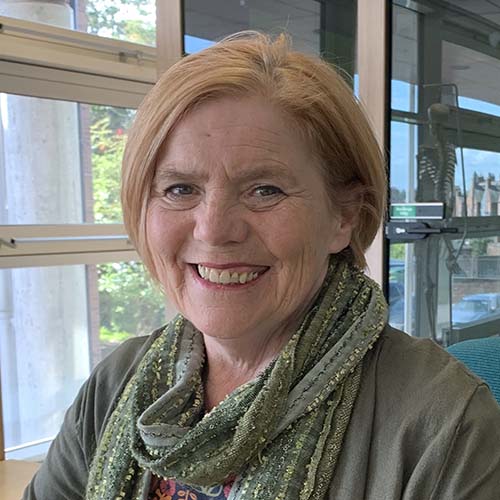Understanding the Intersection of Rurality and Inequality on Cancer Outcomes in North Cumbria

Senior Data Analyst, Cancer Services, North Cumbria Integrated Care NHS Foundation Trust

NIHR NENC ARC Senior Research Fellow, University of Cumbria

NIHR HDRC Research Officer, Cumberland Council Health Determinents Research Collaboration
This research project, a collaboration between North Cumbria Integrated Care, University of Cumbria and Cumberland HDRC, aims to investigate how rurality and inequality shape cancer outcomes in North Cumbria, a region where rural and coastal geography creates distinct challenges for healthcare delivery. The project aims to provide actionable insights to inform local strategies for reducing cancer-related health inequalities in rural communities.
Existing evidence shows that rural populations experience delayed diagnosis, limited access to services, and lower screening uptake, contributing to poorer cancer outcomes. Furthermore, rural residents are disproportionately older, often with multiple co-morbidities, and that deprivation in these areas is frequently hidden due to “statistical masking.”
The Northeast and North Cumbria Integrated Care Board’s Health Inequalities Report (2024–2025) further highlights persistent disparities in life expectancy and cancer outcomes, particularly in deprived rural communities. The NHS Ten Year Plan sets out that the NHS will be equipped to narrow health inequalities. This research will help us to understand how to achieve this in the context of cancer outcomes locally.
To achieve this, the study will adopt a mixed-methods approach across three phases. Initially, a scoping review will be conducted for existing evidence on cancer care in Cumbria and other rural UK regions. The second phase of research involves conducting focus groups with cancer patients from rural and urban areas, exploring barriers to care, screening experiences, transport challenges, communication, and psychological impacts. The research team will also analyse existing datasets to examine screening uptake, stage at diagnosis, waiting times, and outcomes. The third phase will involve interviews and follow-up focus groups with patients and healthcare professionals to co-produce recommendations for service improvement, addressing systemic barriers and identifying resilience factors.